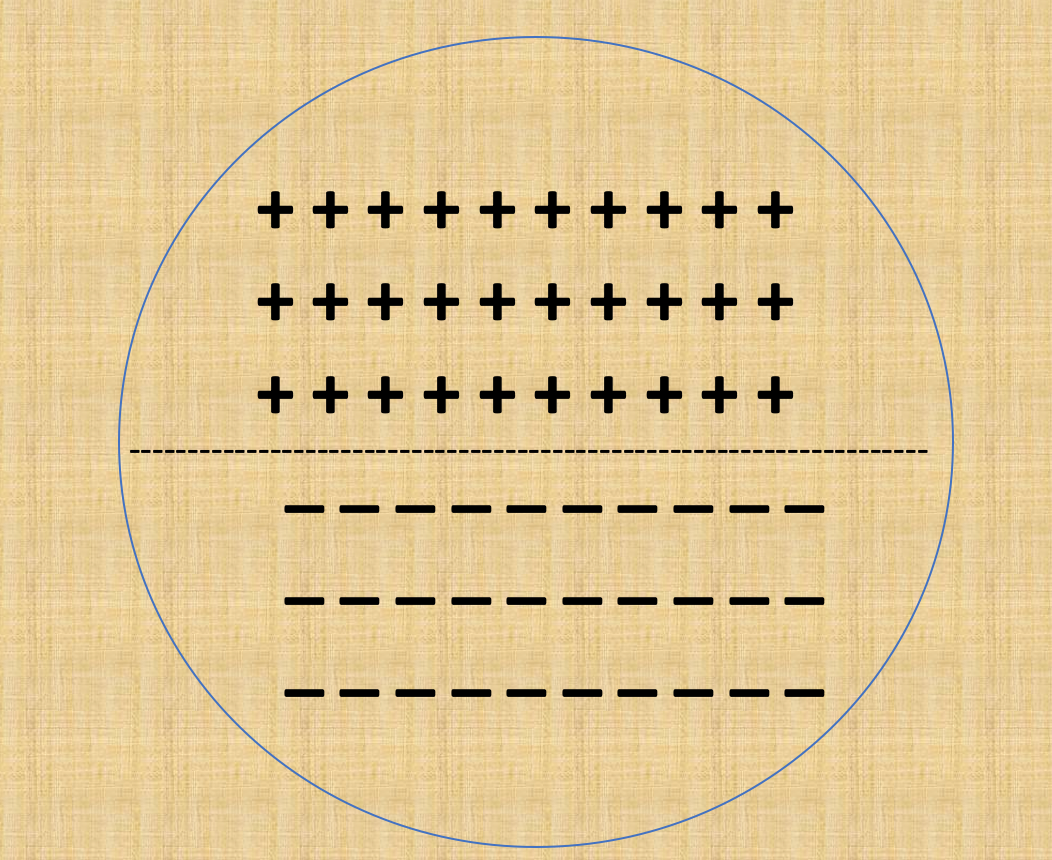
By Rev. Ken Yamada
I heard a Japanese Buddhist “cult” promised members they could change their karma by reciting sacred words. If lonely, they’d find a mate; if unemployed, they’d find a job; if sick, they’d get well. In other words, they could change past “bad” karma into future “good” karma. In case you’re wondering, the words they recited weren’t “Namu Amida Butsu.”
Forget the magical incantation and their reasoning isn’t so strange. It’s common to think happiness lies in the future. We need only fulfill our desires to attain it. For example, once we graduate from school, get a good job, make more money, pay off bills, find a mate, get married, buy a home, get a new car, retire, you name it… voilà—happiness!
That sentiment shapes how we think, act and feel, not just in everyday life, but spiritually too. For example, people think, “When I die, I want to go to the Pure Land” or “heaven,” the place of eternal happiness.
But that kind of thinking is dualistic, meaning two views always in conflict. For example, “now” versus “later,” “what I want” versus “what I don’t have,” “who I am” (e.g. old, sick) versus “who I want to be” (e.g. young, healthy), “here” (this life) versus “there” (Pure Land/Heaven).
The Buddha taught that a great cause of suffering is our dualistic view, how we see life in terms of good and bad, positive and negative. We naturally want good things and experiences, and want to avoid the bad. That means, for example, we don’t want to be poor, sick, alone, or old; we want to be rich, healthy, loved, and young. Consequently, life is a constant struggle between what we think is good, and, what we think is bad.
Dr. Nobuo Haneda of the Maida Center of Buddhism in Berkeley explained this dynamic by drawing a large circle with a line down the center. One side are plus signs, and on the other side, minus signs. He explained people constantly strive to collect as many pluses as possible, while limiting or reducing the minuses. The problem is that human life is filled with minuses, such as birth, sicknesses, old age and death, which can never be eliminated. Life based on this dualistic view will never be satisfied.
Still, people look back on their lives, thinking about what they did or didn’t do, about decisions they made, about many events and occurrences, especially about relationships with people. Thinking about past “karma,” they often are filled with regret.
Buddhism tells a story of a blind turtle swimming in a vast ocean, only surfacing once every one hundred years. At the same time, a board with a hole in it floats aimlessly at sea. The chances the two will meet are great indeed. Yet, the turtle surfaces and pokes its head through the hole.
The Buddha told this story to explain the preciousness of human life. Our lives were created by innumerable causes and conditions, in other words, vast karma. All of these karmic conditions made life possible, including our connection to parents, grandparents, family, friends, teachers, community, plants, animals, trees, and so forth. Appreciating this life, here and now, is what’s most important.
Yet, we don’t appreciate this life, and instead, yearn for a future life, based on desires. If we truly think about it, our life is precious, as it exists. The fact we’re born “against all odds” is proof of this life’s preciousness.
To me, this thought is like “winning the lottery.” People dream that in the future, they’ll “win the lottery.” But awakening to the preciousness of life now means realizing we’ve already won. In other words, “Appreciate what we already have.”
In Jodo Shinshu Buddhism, this realization is called “salvation.” This kind of salvation does not lie in the future, such as when we die. It’s part of our life, here and now. There is no separation between past, present and future, and no separation between a past life and future life. In other words—no duality. All life experiences become important and precious. Dr. Haneda would say life’s minuses become pluses.
Likewise, Rev. Gyomay Kubose, founder of the Buddhist Temple of Chicago, wrote: “If we are saved now, our whole past will be saved. Our ‘salvation’ goes backward into the past. If we find meaning in our lives now, then the whole world becomes meaningful…”
In other words, try looking backwards, instead of forward.
-Rev. Ken Yamada is editor of Shinshu Center of America

